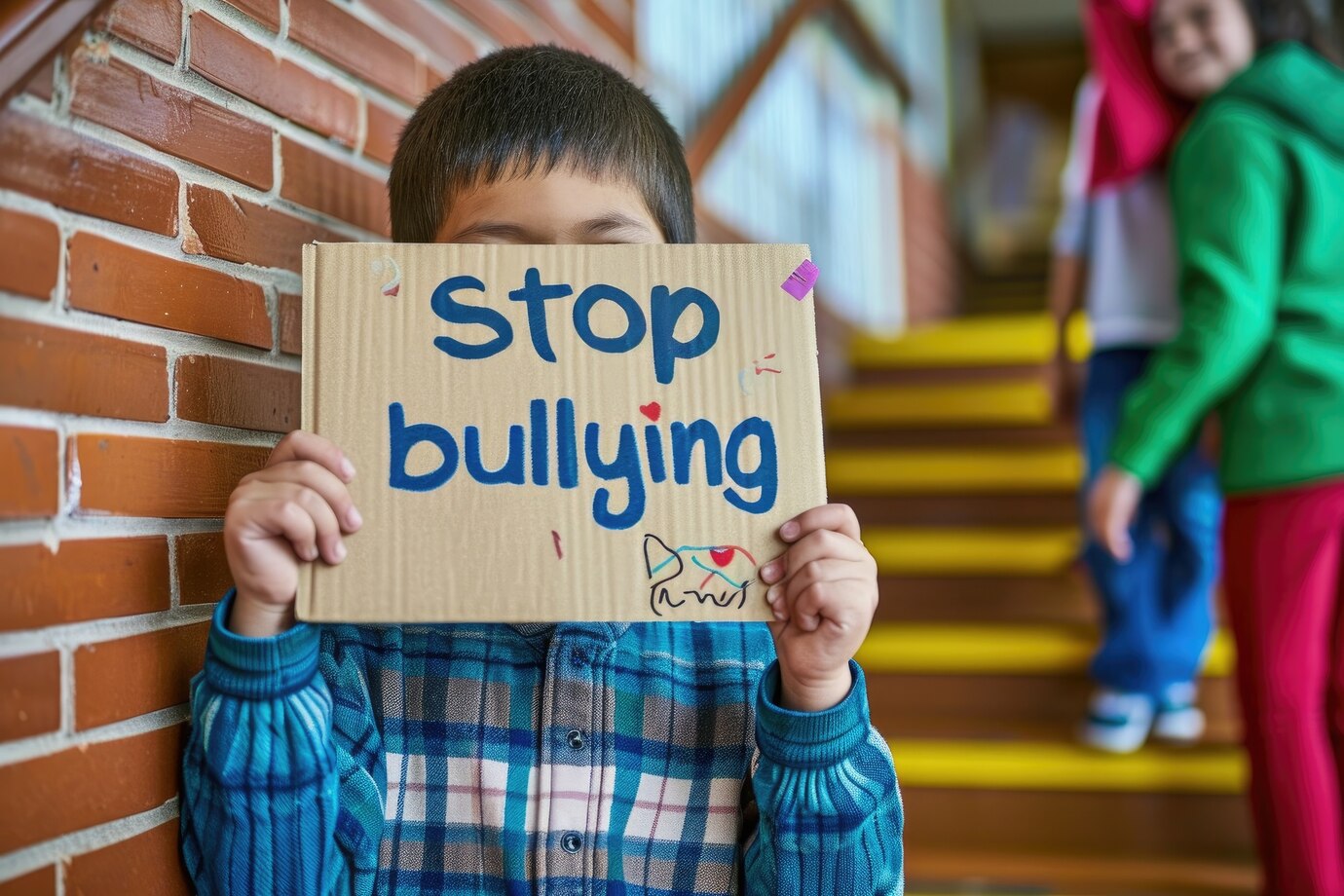October 25, 2024
Bullying by friends
Bullying by friends is common:
Many parents worry their child will be bullied, often imagining scenarios where the class bully corners their child. However, studies show bullying is more likely to come from friends than strangers. It’s difficult for a child to recognize when a friend is causing harm, especially if the friend dismisses it by saying, “You’re too sensitive,” or “It was just a joke.” As a result, the child may internalize the behavior and blame themselves, which can lead to accepting toxic behaviors in future friendships and a loss of self-esteem.
Signs of a toxic friendship:
Friend bullying can include insults, threats, constant criticism, rumors, or exclusion from group chats or activities. While joking can be part of friendships, if your child is consistently mocked or humiliated, this is a sign of harassment.
Impact of friend bullying:
Children bullied by friends can experience isolation, anxiety, depression, school avoidance, or a decline in academic performance. Over time, these children may suffer severe self-esteem loss, and in extreme cases, may consider suicide.
How to help:
- Monitor your child’s friendships and engage in open, friendly conversations.
- Take note of any changes in mood, social interactions, or academic performance, and address concerns with the school or other environments.
- If bullying is suspected, stay calm. Discuss healthy friendships and share your own experiences. Emphasize the qualities of a good friend.
- Reassure your child that they are not to blame, and ask how they think the situation could improve.
- Document any evidence of bullying (messages, bruises) to present to the school or the bully’s parents if necessary.
What your child can do:
- Encourage your child to tell their friend that the behavior is wrong.
- Help them explore new activities and friend groups to expand their social circle.
- Teach self-esteem building strategies to help them stand up to bullies.
- Suggest they remove the bully from social networks and end the relationship.
- Consider sports like martial arts to build confidence.
Children should understand that friendships may end and that maintaining balance and prioritizing their well-being is key, even in long-term relationships.

Ariana Adib Rad, MSW, RSW
Registered Clinical Social Worker and Psychologist in Ontario
Specializing in children. Teenagers and young adults

